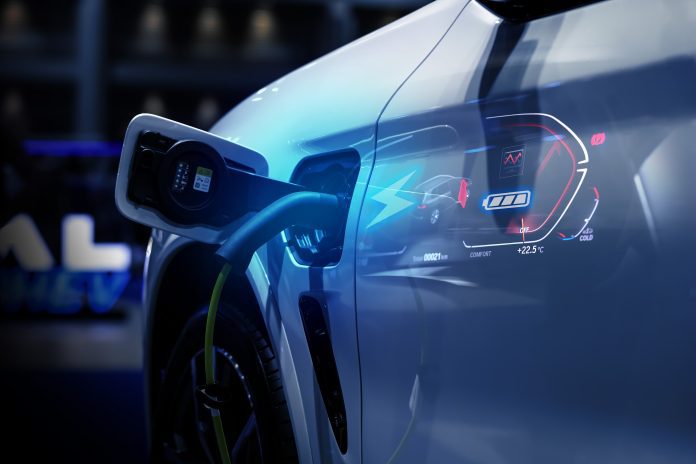A recent study from the University of Birmingham and the London School of Economics (LSE) found that modern EVs can now last just as long as their ICE counterparts. The study, published in Nature Energy, showcases the remarkable progress of EV technology but cautions that researchers need to conduct more studies to fully assess the long-term potential of these vehicles.
The researchers found analysis from over 300 million records, including data from 30 million cars.
In addition, the study utilized anonymized MOT test data from Great Britain, covering records from 2005 through 2022. This data allowed researchers to track the lifespan of vehicles and identify trends in reliability between BEVs (battery electric vehicles) and ICEs.
EVs rapid evolution
While early EVs struggled in terms of lifespan and reliability compared to ICE vehicles, the study illustrates that BEVs have now caught up. In fact, newer EVs are expected to outlast ICE vehicles in the same cohort. The research found that for every year of production, the likelihood of failure for BEVs decreased by 12%, far surpassing the 6.7% improvement for gasoline vehicles and just 1.9% for diesel vehicles.
The study evaluates progress by comparing the lifespans and mileage of modern EVs, ICE vehicles, and diesel vehicles. On average, a modern battery electric vehicle (BEV) has a lifespan of 18.4 years and can travel 124,000 miles before it needs to be replaced. This lifespan is comparable to that of petrol cars, which last an average of 18.7 years, albeit covering fewer miles at 116,000 miles. Diesel vehicles, on the other hand, have a shorter average lifespan of 16.3 years but often achieve significantly higher mileage, with many lasting around 255,000 miles.
Despite these advances, the researchers acknowledge ongoing challenges. Battery replacement costs remain significantly higher for EVs compared to traditional vehicles. Additionally, it is important to note that the study may contain some inconsistencies in the data because of how researchers keep MOT records.
While EVs have made tremendous strides in reliability and longevity, researchers caution that more time and research are necessary to fully understand how these vehicles will perform in the long term, especially as we look toward their durability over the next 20 or 30 years. Nonetheless, the study underscores the rapid progress of BEVs, positioning them as a competitive and sustainable alternative to traditional vehicles on the road today.



